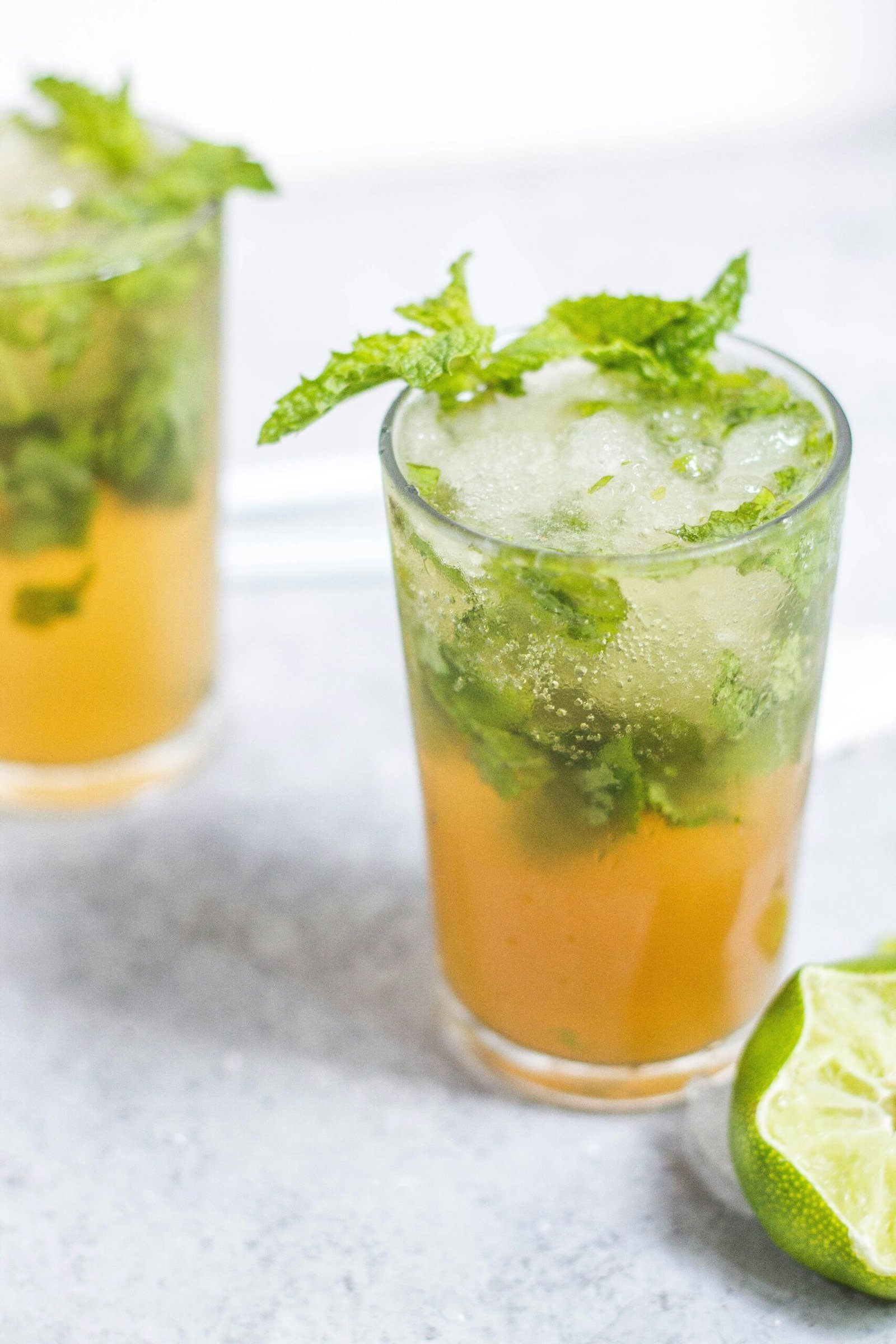

Introduction to Fruit Tea and Its Popularity
Fruit tea, a delightful infusion made by blending various fruits, flowers, and herbs, has become a beloved beverage around the globe. Its vibrant flavors and natural sweetness offer a refreshing respite, especially during the sweltering summer months. Unlike traditional teas derived from the Camellia sinensis plant, fruit tea is caffeine-free, making it an excellent choice for those seeking a relaxing drink without the stimulating effects of caffeine.
The ingredients in fruit tea can vary widely, incorporating a range of fruits such as berries, citrus, apples, and tropical varieties like mango and pineapple. These blends often include aromatic additions like hibiscus, rose hips, and lemongrass, enhancing both the flavor profile and the health benefits. The result is a fruity, fragrant concoction that can be enjoyed hot or cold, offering versatility that suits any preference or occasion.
In recent years, fruit tea has surged in popularity, with more people gravitating towards it as a healthier alternative to sugary sodas and juices. Its ability to be served iced makes it a perfect summer drink, providing hydration and a burst of flavor without the added sugars and artificial ingredients found in many commercial beverages. This trend is reflected in the growing number of cafes, restaurants, and retail shops that now feature an array of fruit tea options on their menus.
The global availability of fruit tea has also contributed to its rising demand. From local health food stores to major supermarket chains and online retailers, fruit tea is easily accessible to consumers everywhere. Its appeal spans across cultures and demographics, appealing to both the health-conscious and those simply seeking a delicious, refreshing drink.
Cooling Properties of Fruit Tea
During the sweltering summer months, fruit tea emerges as a refreshing and healthful beverage choice, offering a natural way to cool down. The cooling properties of fruit tea are largely attributed to its unique blend of natural ingredients, such as hibiscus, berries, citrus fruits, and herbs. These components not only enhance the flavor but also contribute to the tea’s ability to lower body temperature.
Hibiscus, a common ingredient in fruit teas, is known for its tart flavor and vibrant color. Scientific studies have highlighted hibiscus’s potential to help regulate body temperature. Research published in the “Journal of Ethnopharmacology” suggests that hibiscus tea may have a cooling effect on the body, making it an ideal drink for hot summer days. Similarly, berries like strawberries and blueberries are rich in antioxidants and vitamins, which can help reduce internal heat and promote overall well-being.
Citrus fruits, including oranges and lemons, are often infused in fruit teas for their zesty taste and cooling properties. Citrus fruits are high in vitamin C and contain natural electrolytes, which can help replenish the body’s hydration levels, thus contributing to a cooling sensation. Additionally, herbs such as mint and lemongrass are frequently added to fruit teas for their natural cooling and soothing effects. Mint, in particular, has been shown to have a cooling effect on the body due to its menthol content.
Hydration plays a crucial role in regulating body temperature, especially during the summer. Fruit tea, with its high water content, aids in keeping the body hydrated. Unlike sugary sodas or caffeinated drinks which can lead to dehydration, fruit tea provides a refreshing and hydrating alternative. The infusion of natural fruits and herbs not only quenches thirst but also offers a cooling sensation that can be soothing on a hot day.
Overall, the combination of hydrating properties and natural cooling ingredients makes fruit tea an excellent beverage choice for maintaining comfort and health during the summer. Whether enjoyed iced or at room temperature, fruit tea stands out as a flavorful and beneficial option to beat the heat.
Health Benefits of Drinking Fruit Tea
Fruit tea, a delightful infusion of various fruits, herbs, and sometimes spices, not only serves as a refreshing beverage but also offers a myriad of health benefits. One of the most prominent advantages of drinking fruit tea is its potential to boost the immune system. Many fruit teas are rich in Vitamin C, a vital nutrient known for its immune-enhancing properties. Citrus fruits, such as oranges and lemons, commonly found in fruit teas, are particularly high in Vitamin C, which helps in protecting the body against infections and diseases.
Another significant health benefit of fruit tea is its ability to aid digestion. Ingredients like ginger and peppermint, often found in fruit teas, have been traditionally used to soothe digestive issues. Ginger can help reduce nausea and improve overall digestive function, while peppermint is known for its carminative effects, helping to alleviate bloating and gas.
Fruit teas are also abundant in antioxidants, compounds that fight free radicals in the body, thereby reducing oxidative stress and inflammation. Hibiscus, a common ingredient in many fruit teas, contains anthocyanins and other antioxidants that have been shown to help lower blood pressure and improve heart health. A study published in the “Journal of Nutrition” found that consuming hibiscus tea significantly reduced systolic blood pressure in adults with prehypertension and mild hypertension.
Moreover, the diverse array of fruits used in fruit teas can provide essential vitamins and minerals. For instance, berries like strawberries and blueberries, often included in fruit teas, are rich in vitamins A and K, manganese, and dietary fiber. These nutrients are crucial for maintaining healthy skin, bones, and overall bodily functions.
In addition to these benefits, fruit teas are naturally caffeine-free, making them an excellent choice for individuals looking to reduce their caffeine intake. The absence of caffeine means that fruit tea can be enjoyed at any time of the day without affecting sleep patterns.
Incorporating fruit tea into your daily routine can thus offer a delicious way to stay hydrated while reaping numerous health benefits, making it an ideal beverage choice for the hot summer months.
“`html
How to Make and Enjoy Fruit Tea at Home
Making fruit tea at home is a simple and rewarding endeavor that can be tailored to suit individual tastes and preferences. To begin, gather the necessary ingredients: a selection of your favorite teas (black, green, or herbal), fresh or dried fruits (such as berries, citrus, or stone fruits), sweeteners (like honey or sugar), and any desired herbs or spices (like mint or cinnamon).
Start by brewing your base tea according to the package instructions. For a more robust flavor, consider steeping the tea slightly longer than usual. Once the tea is brewed, allow it to cool to room temperature. Meanwhile, prepare your fruits by washing and slicing them into bite-sized pieces. If using dried fruits, a quick soak in warm water can help soften them and release their flavors.
Next, combine the brewed tea and prepared fruits in a large pitcher. Add sweeteners and herbs or spices to taste, stirring gently to blend the flavors. For a truly refreshing summer drink, refrigerate the mixture for at least an hour, allowing the fruits to infuse into the tea. Before serving, taste and adjust the sweetness or add more fruits if desired.
When it’s time to serve your homemade fruit tea, consider adding ice cubes to keep it chilled. Garnish with fresh fruit slices, mint leaves, or edible flowers for an appealing presentation. For a creative twist, experiment with combining different tea bases and fruit combinations – the possibilities are endless.
Making fruit tea at home is not only convenient but also a fun and healthy activity that can involve the whole family. It provides an opportunity to explore various flavors and create a custom beverage that is both delicious and beneficial for health. So, gather your ingredients and enjoy the refreshing and fruity experience of homemade tea this summer.
“`
 English
English 
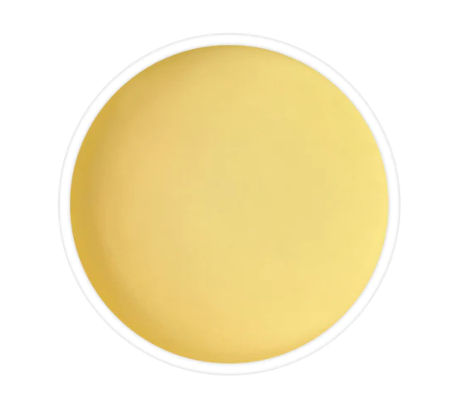

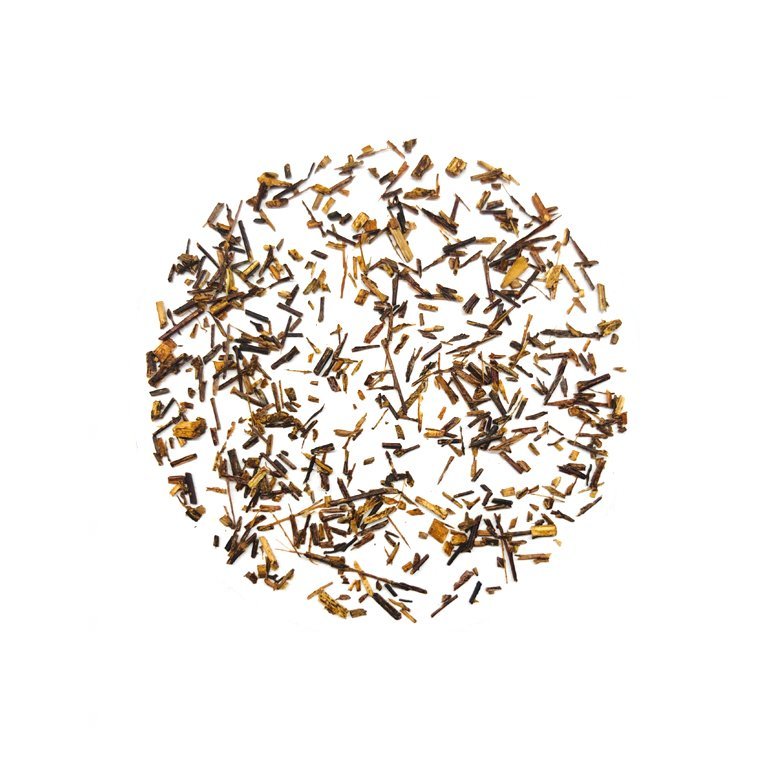

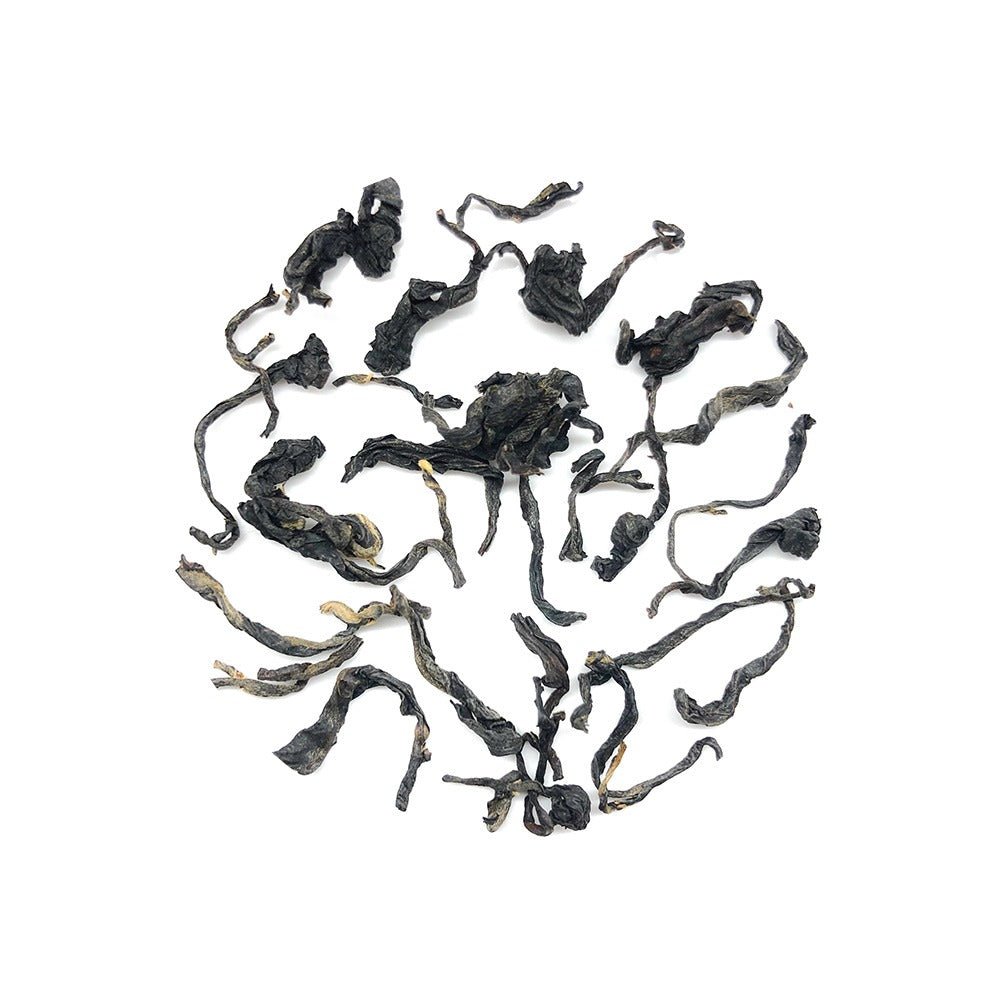





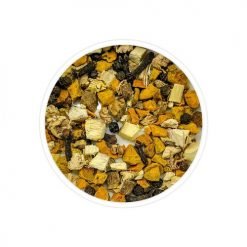
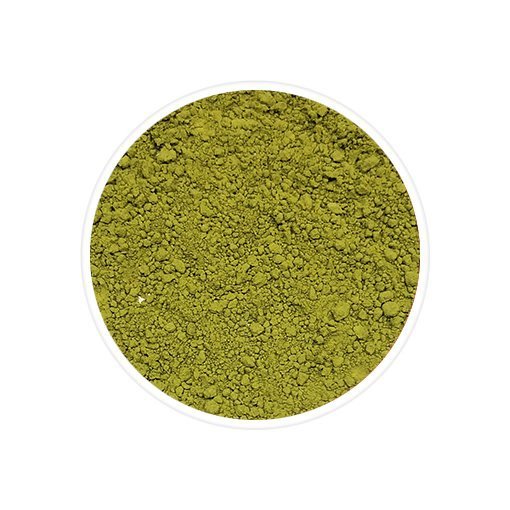
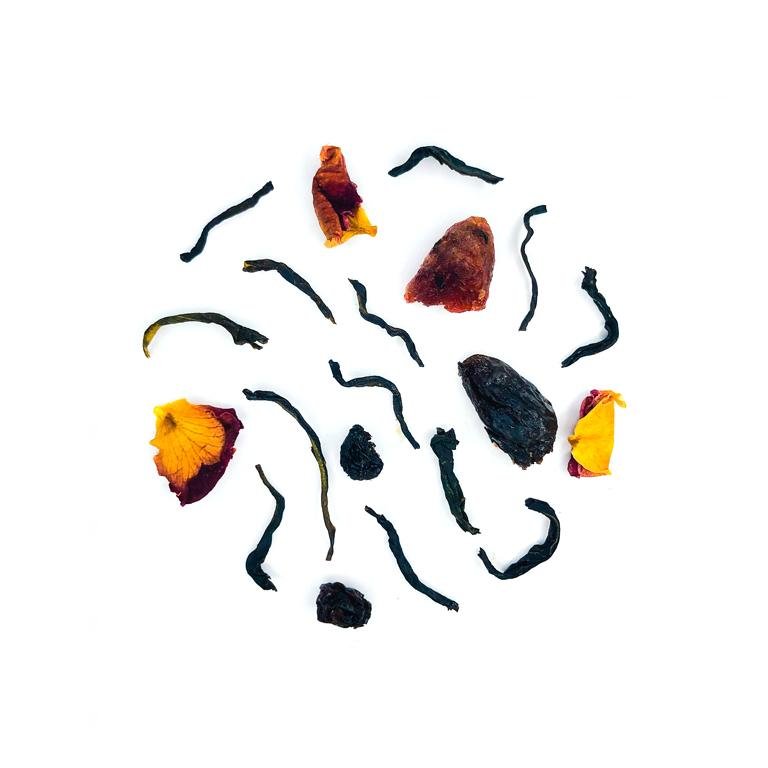






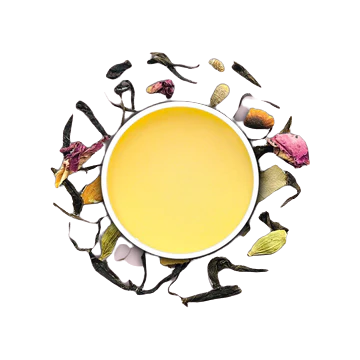



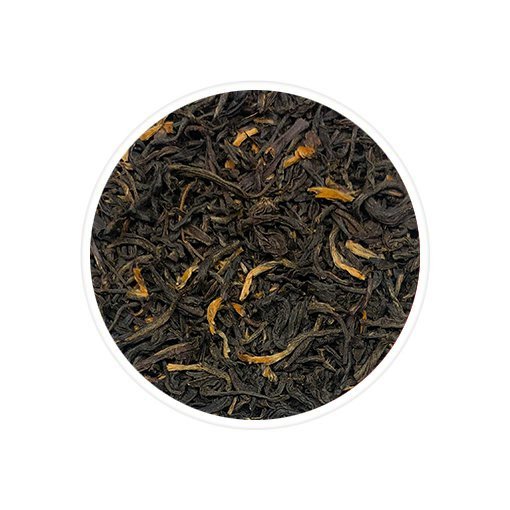






 Home
Home  Whishlist
Whishlist  Checkout
Checkout